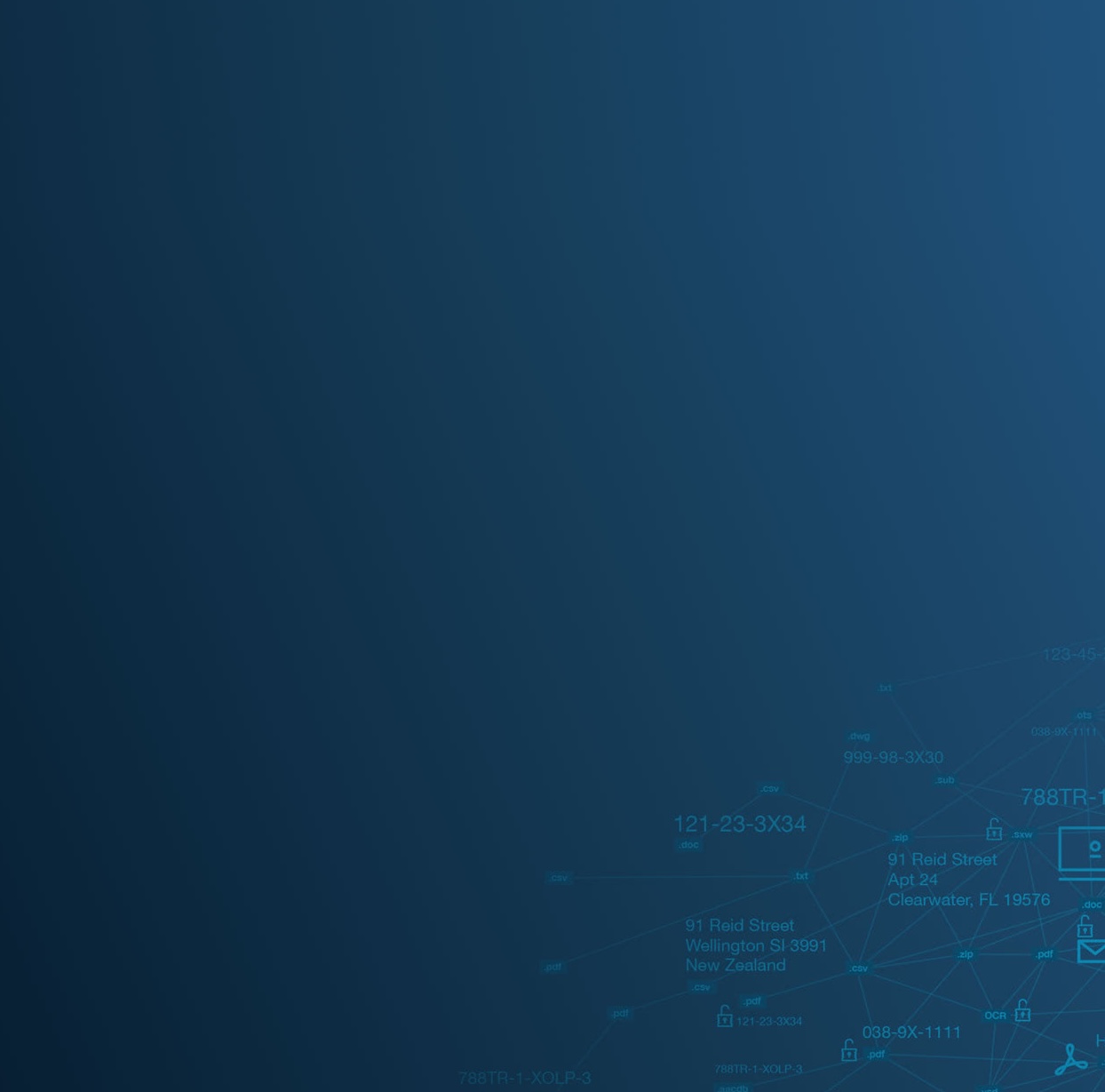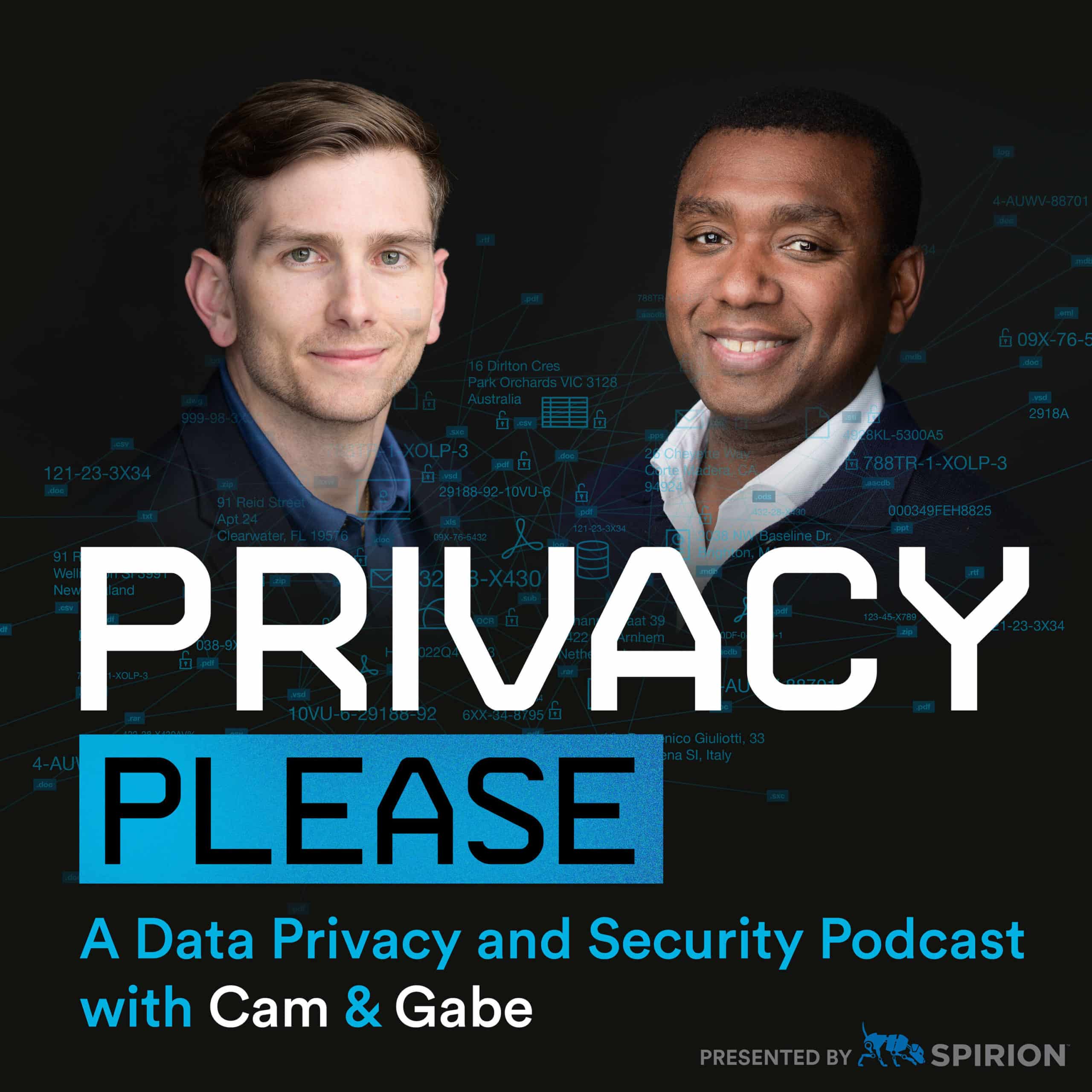This week on our Privacy Please podcast Gabe and Cameron talked with Vanessa Wu, who is general counsel for Rippling, an HR and IT all-in-one software solution. During the episode, the conversation revolves around the thought-provoking concept of data privacy as a personal right.
Wu became interested in privacy through her work at a large firm where she valued companies. She wondered why some companies, such as What’s App, have high valuations due to their data but no actual revenue, which led her to focus on data privacy.
Here are the highlights of this week episode:
Employee data is more than just HR data
When Gabe asks Wu about employee data, she debunks the common misconception that employee data is only for human resource needs, such as bank account information to pay employees or data for health insurance open enrollment. She then explains how Rippling views employee data as the backbone of an organization which, when used in a positive manner, makes your organization more secure and operate more efficiently.
Wu shares how Rippling solves the challenge of giving employees access to only the systems they need by automatically provisioning employees with the systems for the job. For example, engineers are provisioned with GitHub while employees in the legal department get access to the legal contract management tools. Wu points out that when someone leaves a company Rippling’s tools also automatically de-provision the employee from all of the company’s different systems and tools.
Good employee data management results in business efficiencies and better data protection
“We view being able to use employee data to manage business systems as a huge advantage for organizations to run efficiently, securely and manage the data protection. Since you are centralizing the employee data, you then limit the use of the employee data for specific purposes. ”
– Vanessa Wu, General Counsel for Rippling
Paying with your data
While you may not pay money to read free articles on a newspaper’s website, Wu explains that they aren’t really free — the company is being paid through advertising revenue. Because the ads drive the revenue, the site makes more money when the ads are more personalized — meaning more people click. She says the sites use data that’s collected while you are reading to make the ads more relevant to you. While you aren’t paying money for the articles, you are actually paying by sharing your data with the company.
Privacy as a fundamental right
“In Europe, under the General Data Protection Regulation in Europe, and a lot of the individual countries before GDPR went into effect, privacy and any data about you as an individual is yours. It is as fundamental as free speech or a right to bear arms is to Americans. It is fundamentally part of something that you should have a right to in Europe. I think it’s important for us, in the U.S., to understand that that is how Europeans view data protection.”
– Vanessa Wu, General Counsel for Rippling
Geographic differences in data ownership
While privacy is a fundamental right in Europe, there are differences across the continent. Wu says that Germany is more extreme in terms of privacy than other parts of Europe due to its history. Because the Nazis used data on citizens to conduct ethnic cleansing, Wu says that Germans are extra concerned about who has their data — what do they know about me, and what are they going to use it for? She says that she sees with the CCPA that the U.S. view of privacy slowly starting to shift closer to the European perspective, which means that data privacy rights are beginning to be framed around the individual. She explains that this shift starts by giving the individual the control to get a copy of their data to either bring it onto other platforms or even monetize it themselves.
Data is power
“People are slowly starting to see the power of the data the large platforms have and are starting to become more concerned. Is data just currency? Is data something we can find, trade, sell, and monetize? Or is it something more? Should we start thinking of data as more personal to ourselves, such as free speech and gun rights?”
– Vanessa Wu, General Counsel for Rippling
FOUND IN Data Privacy



